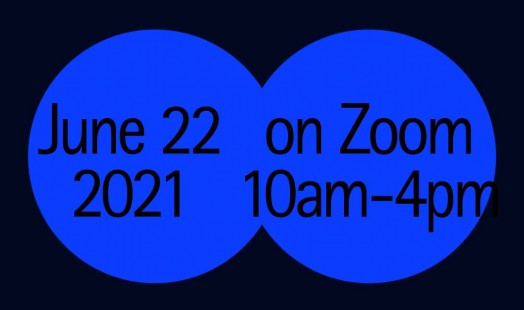13:30-16:00
Interview: Mariana Lanari in conversation with Inger Schaap.
During this interview artist and academic Mariana Lanari will question practices of archival reuse for artistic purposes. How can we deal with handling and reusing archival material that at times was created under a state of duress? Is that even possible? Are there examples of archival reuse which furthers the conversation? How do we keep critical in reusing this material? With legs in both worlds (academic and artistic) she would share personal experiences and future possibilities regarding reuse of archival materials.
Mariana Lanari is a PhD candidate at the Amsterdam School of Heritage, Memory and Material Culture at University of Amsterdam. She co-founded Archival Consciousness with Remco van Bladel. She is part of the band Rainbowpeel 475.13. She is on the advisory board of De Appel Mobile Archive and of DAAP – Digital Archive of Artist Publishing (UK). She is a member of ARIAS, Amsterdam Research Institute of the Arts and Sciences, and Making Things Public at the lectoraat of the Gerrit Rietveld Academy. Her work has been shown at the Stedelijk Museum Amsterdam, Van Zijl Langhout Gallery, Arti Amititae, W139, Van Abbemuseum, Transmission Gallery (Glasgow), Casa do Povo (São Paulo), among others.
Consultation Hour
With Pictoright (Hanneke Holthuis + Arlette Bekink), IISG (Thijs van Leeuwen), Het Nieuwe Instituut (Iris de Jong) & Beeld en Geluid (Dennis Hekker)
The inevitable subject in reusing archival material: copyright. Whether it’s to protect your own work or when you’re reusing somebody else’s material, the matter of copyright is always present. Even with the existing rules and regulations, we all interpret this subject differently. Knowledge is power, so for this afternoon we provide you with breakout sessions with the three institutions of the Open Archief project and our financial sponsor: Pictoright. You have the opportunity to go in conversation with institutions and ask them questions regarding the possibility of specific archive material. More interested in the new Appropriation Art guidelines of Pictoright? Sign up for their room!
This symposium is made possible with the financial support of the Pictoright fonds.






